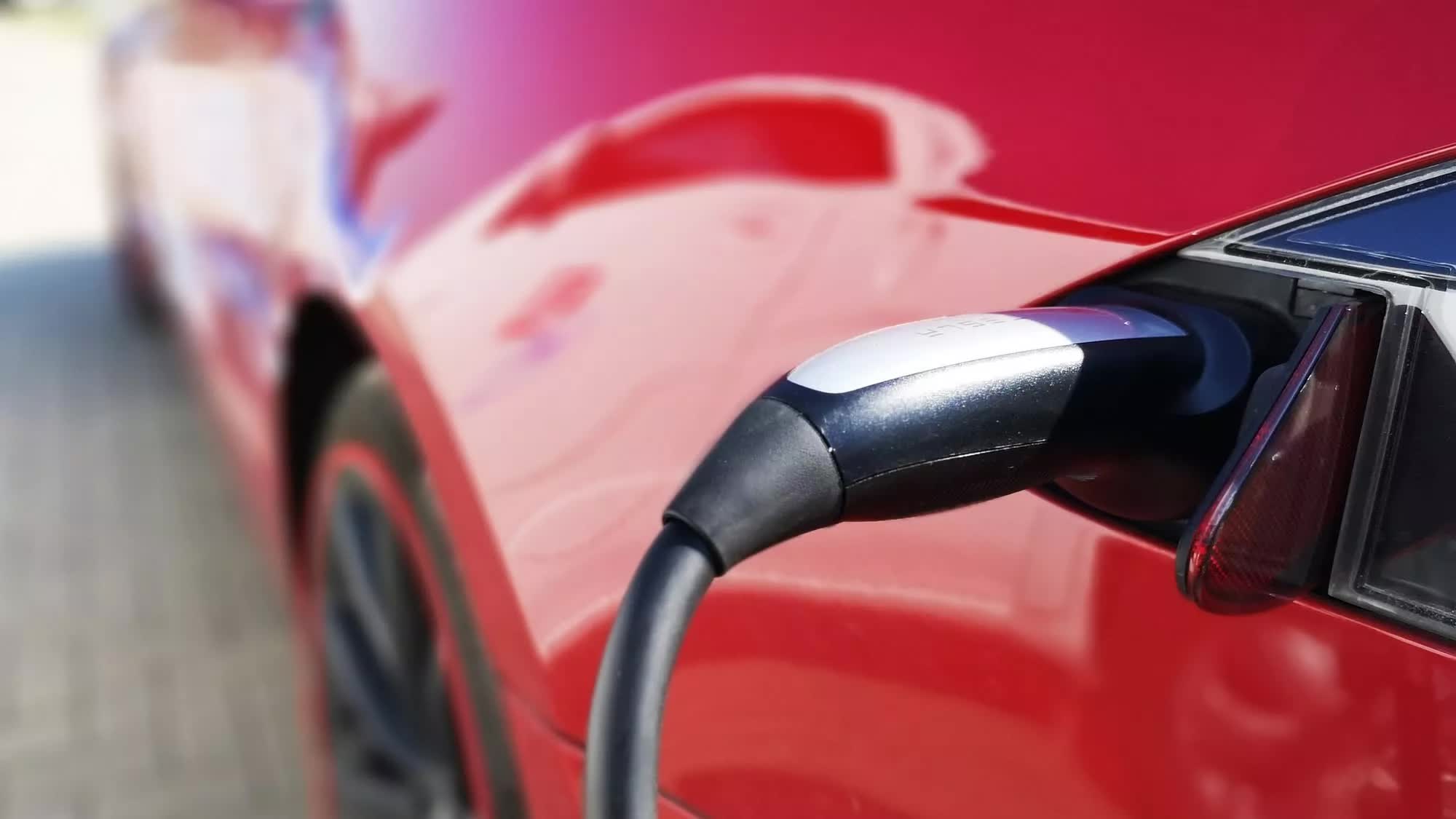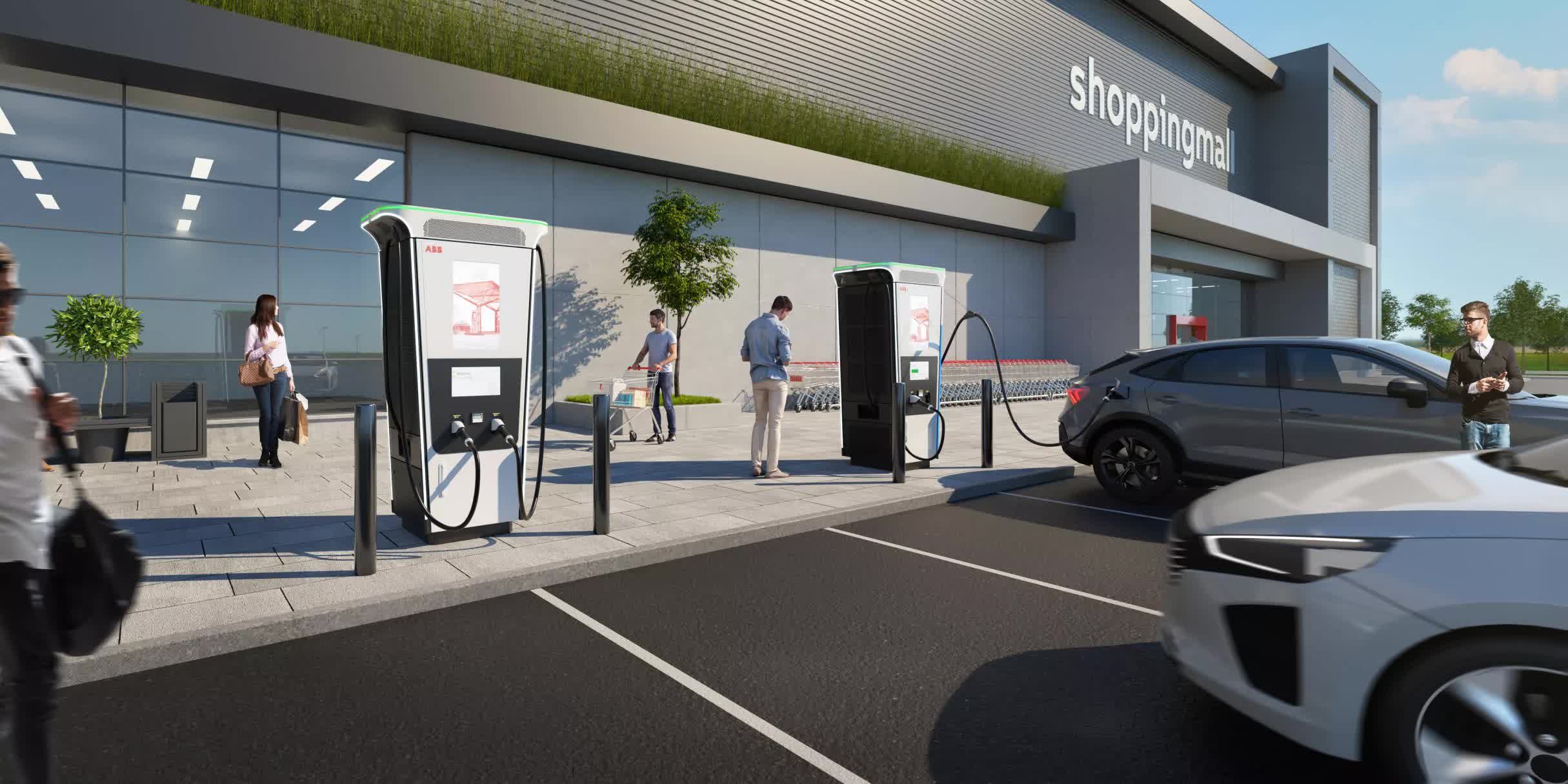In brief: Electric vehicle sales have continued their slow but steady climb in the US. And with more EVs come more charging stations. Now, a new study reveals that these stations are also delivering an unexpected economic boost to some businesses: drivers are simply more likely to open up their wallets at nearby shops and eateries while their cars juice up.
Researchers at MIT have outlined their discoveries in a study published in Nature Communications this month. They analyzed anonymized credit and debit card transaction data from over 4,000 charging locations in California and 140,000 businesses, discovering some eye-opening numbers.
In 2019, the arrival of a new charging station hiked annual spending at neighboring businesses by an average of $1,500 or 1.4%. While that percentage might seem small, it translates to a $23,000 collective spending increase that year across all the businesses within a few hundred meters of the chargers, wwhich is impressive for just installing some plugs.
Yunhan Zheng, the lead author of the study, hopes this underscores "the importance for policymakers to develop EV charging stations in marginalized areas because they not only foster a cleaner environment but also serve as a catalyst for enhancing economic vitality."

Driving these customer influxes is a simple reason: dwell time. Unlike a gas station pit stop that takes just minutes, charging an electric vehicle can leave drivers killing 20-40 minutes while tethered to the plug. With time to kill, they are far more likely to indulge in good old consumerism – maybe grab a coffee, meal, or make an impulse purchase at nearby shops and restaurants.
However, the spending increases diminished somewhat in the 2021-2023 period of the study, perhaps due to charger saturation and lower per-business spending after the pandemic shakeout. But introducing a charging station still boosted revenues by $400 annually at surrounding businesses during this time, which is enough to cover 11.2% of the installation cost.
Perhaps if businesses pooled money to spend on a charging station that would benefit them all, they could cover even more of the installation costs. They could even co-locate charging stations with charging providers, which the study notes find it challenging to become profitable.
"Traditionally, many gas stations are affiliated with retail store chains, which enables owners to both sell fuel and attract customers to diversify their revenue stream. EV charging providers could consider a similar approach to internalize the positive impact of EV charging stations," Zheng says.
